Advice on HVAC renovation
WinnetkaJAK
11 years ago
Related Stories
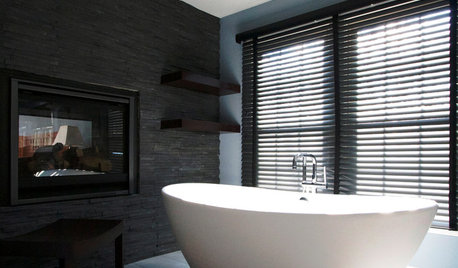
BATHROOM DESIGNDreaming of a Spa Tub at Home? Read This Pro Advice First
Before you float away on visions of jets and bubbles and the steamiest water around, consider these very real spa tub issues
Full Story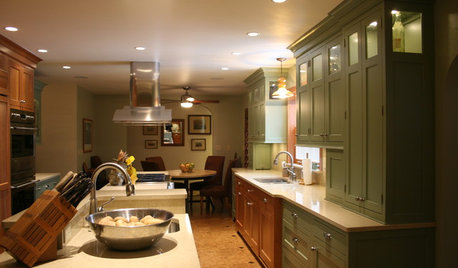
KITCHEN DESIGNSmart Investments in Kitchen Cabinetry — a Realtor's Advice
Get expert info on what cabinet features are worth the money, for both you and potential buyers of your home
Full Story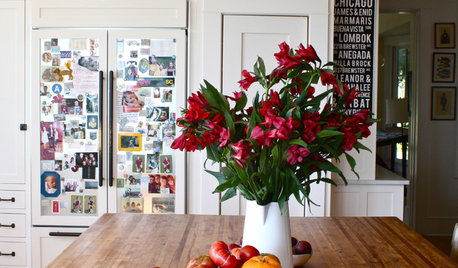
DECORATING GUIDES10 Design Tips Learned From the Worst Advice Ever
If these Houzzers’ tales don’t bolster the courage of your design convictions, nothing will
Full Story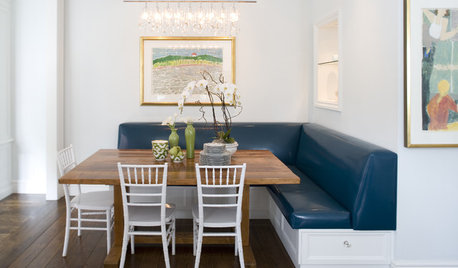
Straight-Up Advice for Corner Spaces
Neglected corners in the home waste valuable space. Here's how to put those overlooked spots to good use
Full Story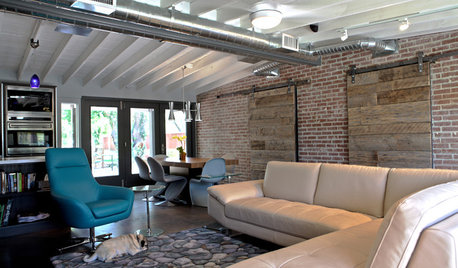
ARCHITECTUREHVAC Exposed! 20 Ideas for Daring Ductwork
Raise the roof with revealed ducts that let it all hang out — and open a world of new design possibilities
Full Story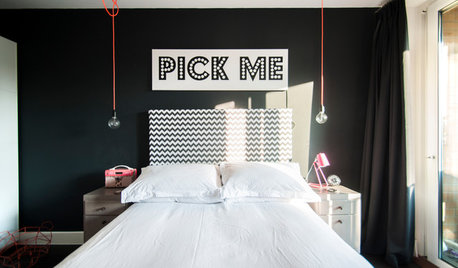
REMODELING GUIDES10 Signs You’re in the Middle of a Renovation
A renovation project allows you to choose every last detail for your home, but decision making can quickly go from ‘Ooooh’ to ‘Argh!’
Full Story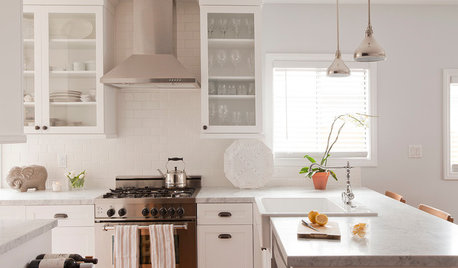
REMODELING GUIDES10 Things to Do Before the Renovation Begins
Prep and plan with this insight in hand to make your home remodeling project run more smoothly
Full Story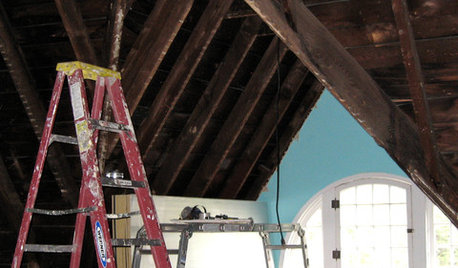
REMODELING GUIDES8 Lessons on Renovating a House from Someone Who's Living It
So you think DIY remodeling is going to be fun? Here is one homeowner's list of what you may be getting yourself into
Full Story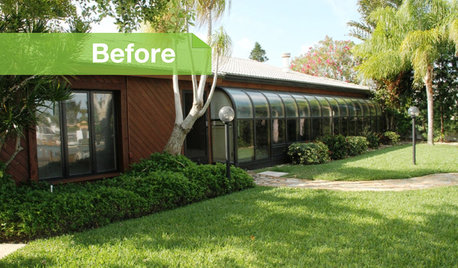
REMODELING GUIDESFollow a Ranch House Renovation From Start to Finish
Renovation Diary, Part 1: Join us on a home project in Florida for lessons for your own remodel — starting with finding the right house
Full Story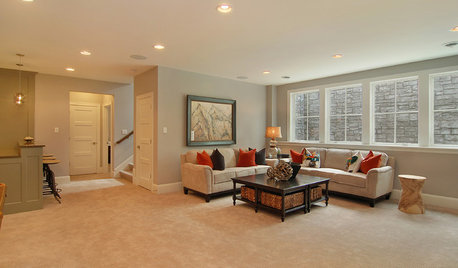
REMODELING GUIDES10 Tips for Renovating Your Basement
A professional contractor shares her tips on what to consider before you commit to a basement remodel
Full Story





HEProfessional
HEProfessional
Related Professionals
Dana Point Solar Energy Systems · Oakland Solar Energy Systems · Palo Alto Solar Energy Systems · Paramus Solar Energy Systems · Waltham Solar Energy Systems · West Hartford Solar Energy Systems · Western Springs Solar Energy Systems · Chattanooga Home Automation & Home Media · Mount Lebanon Home Automation & Home Media · Natick Home Automation & Home Media · Winnetka Home Automation & Home Media · Sierra Madre Electricians · Madison Fireplaces · Norridge Fireplaces · Ventura Fireplacesjackfre
mike_home
fsq4cw
WinnetkaJAKOriginal Author
Elmer J Fudd
ionized_gw
fsq4cw
Elmer J Fudd
fsq4cw
Elmer J Fudd